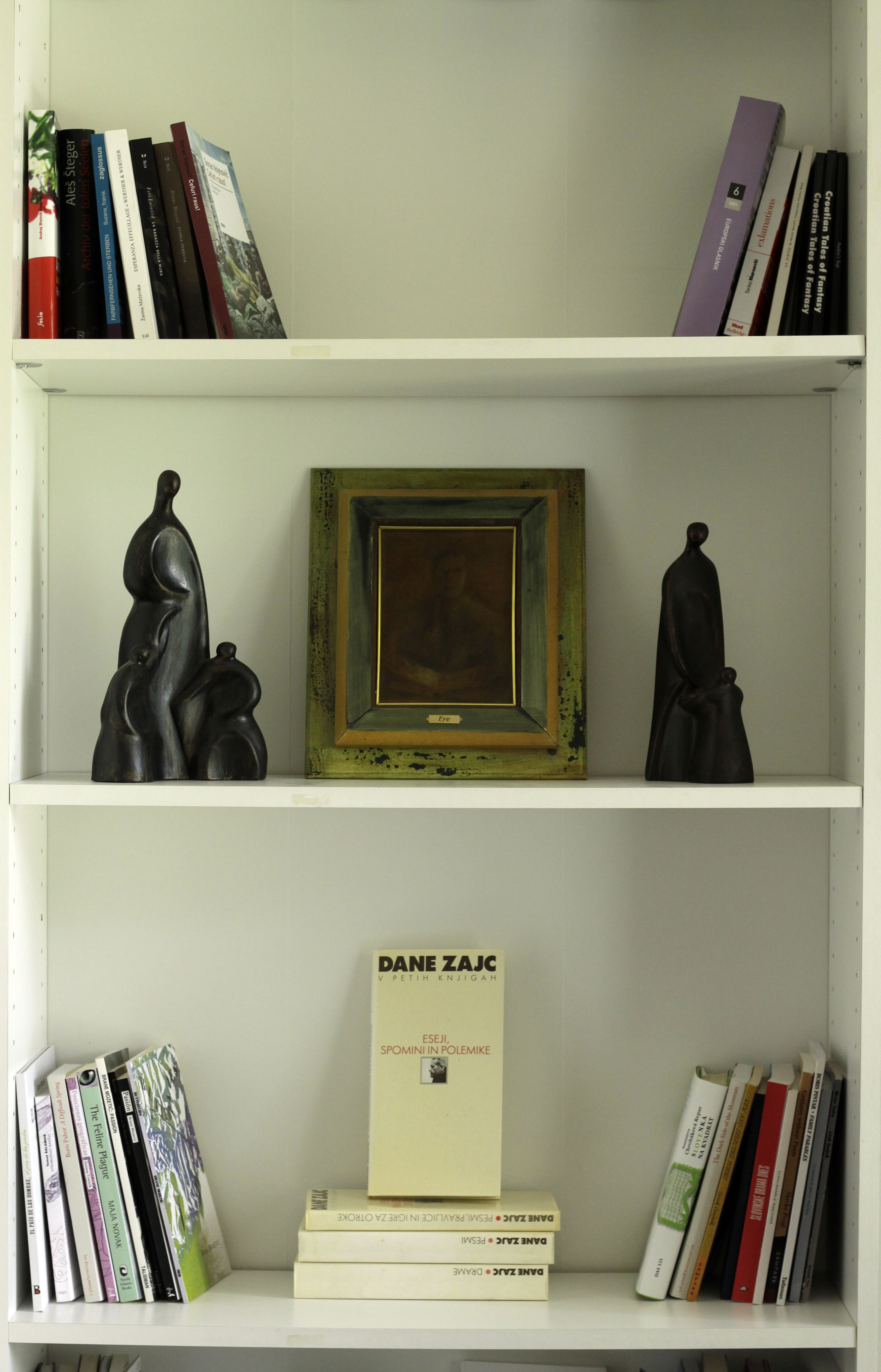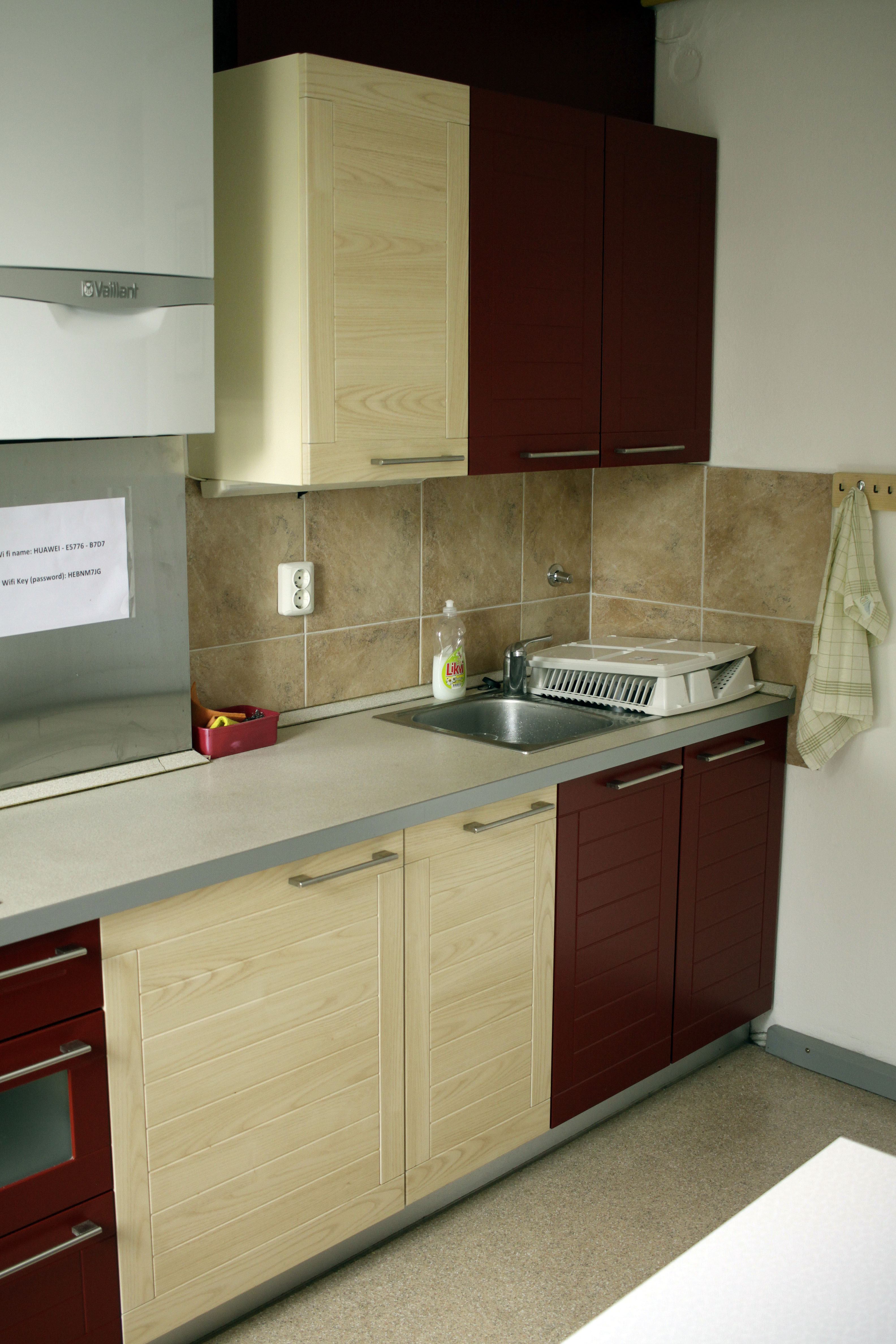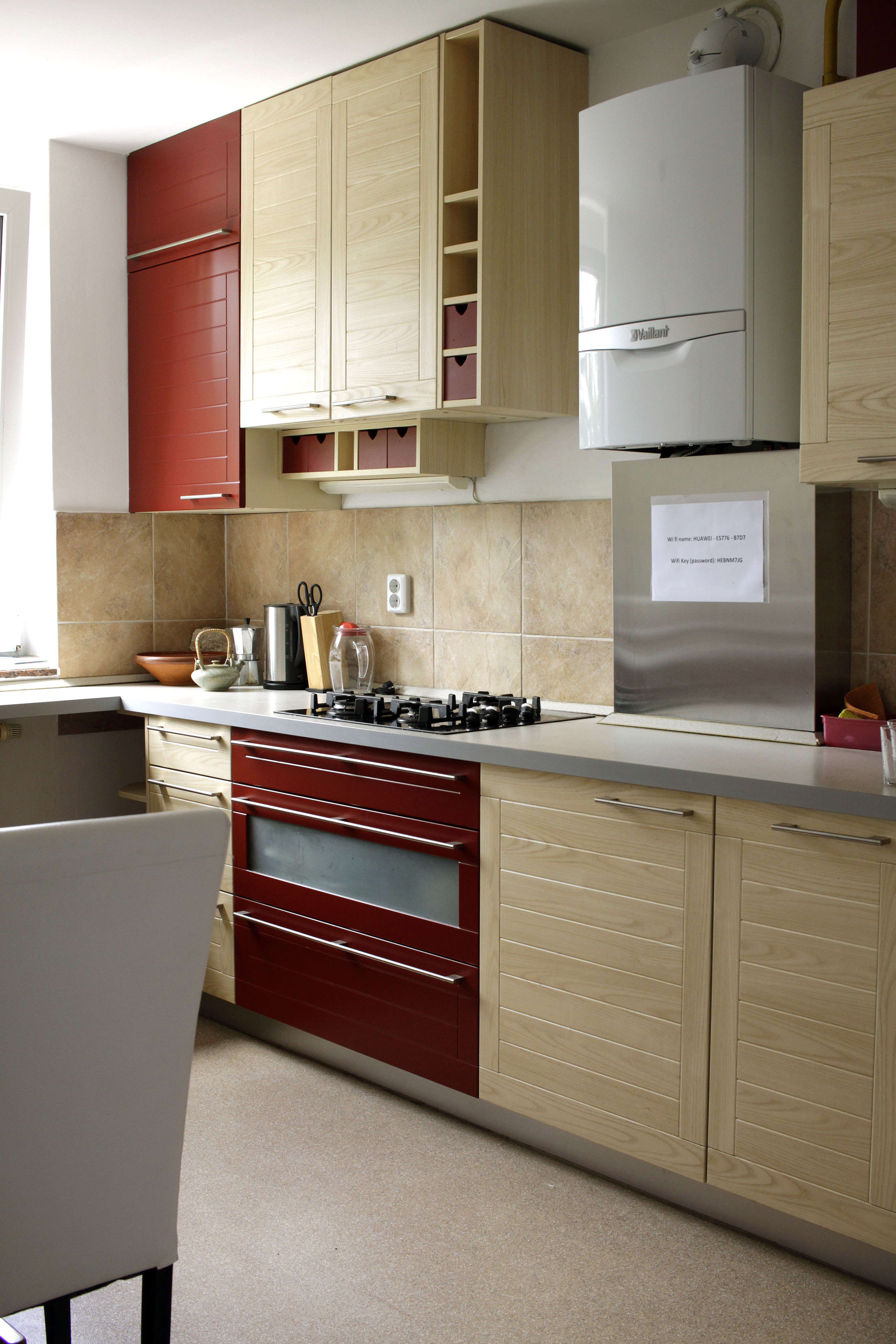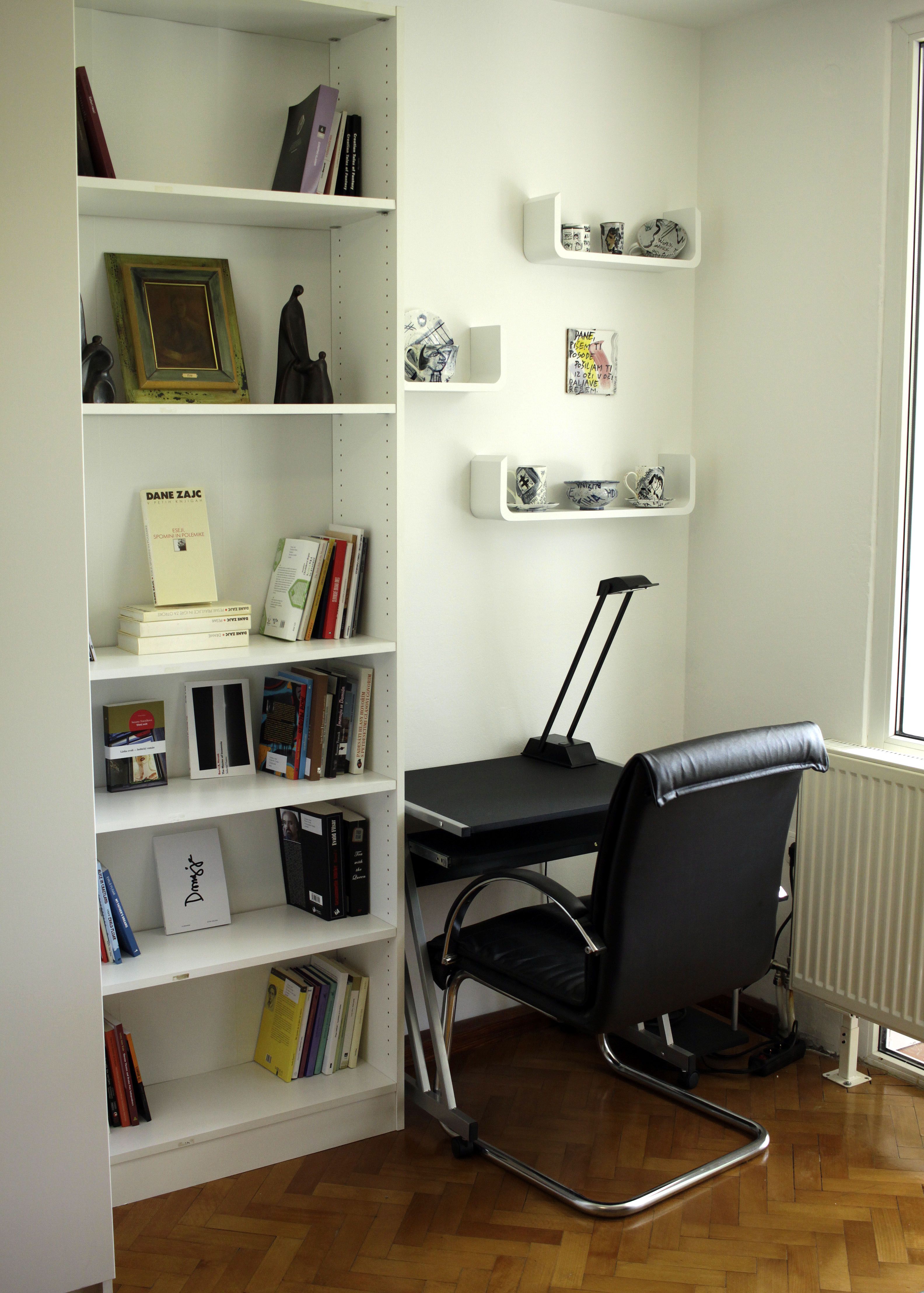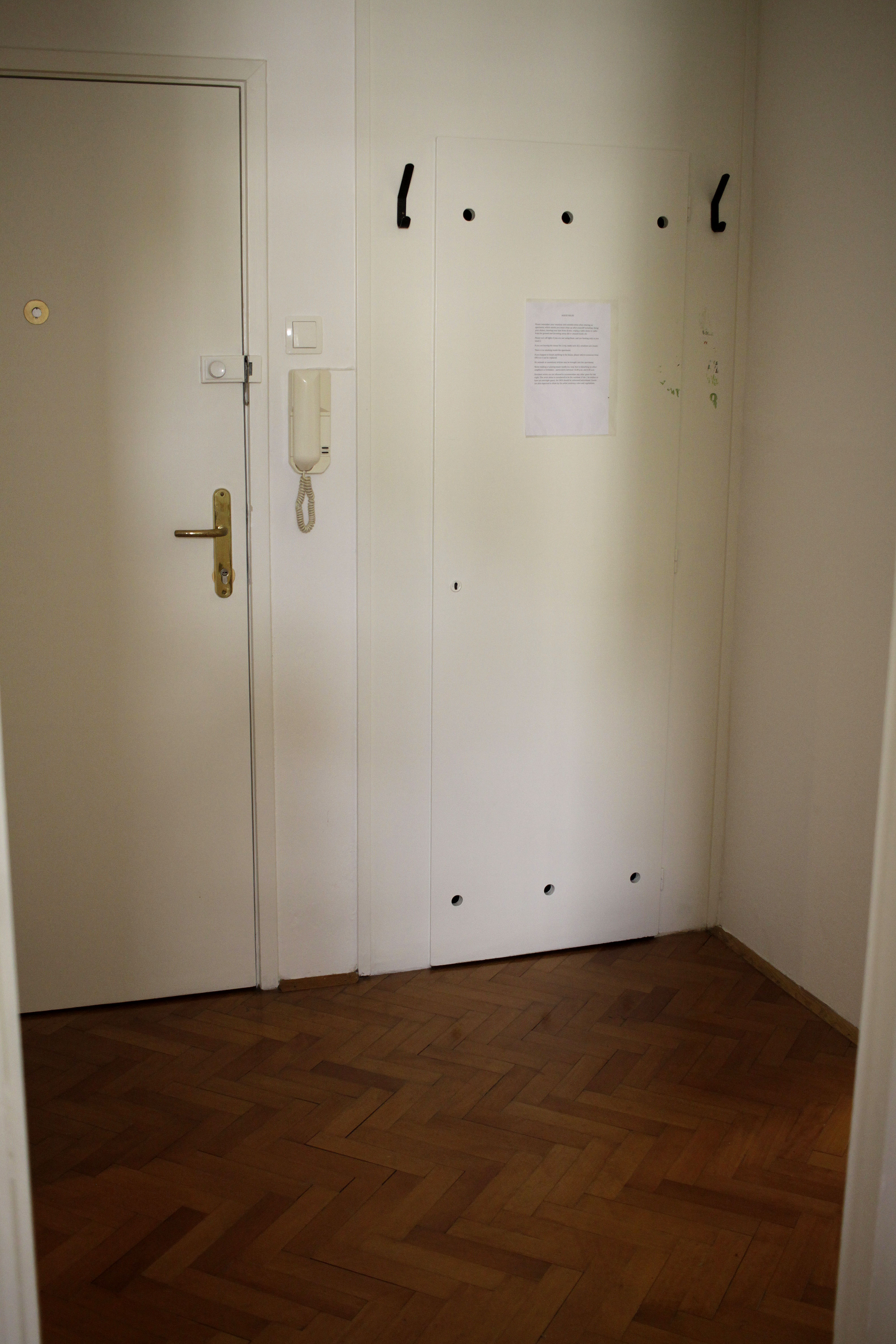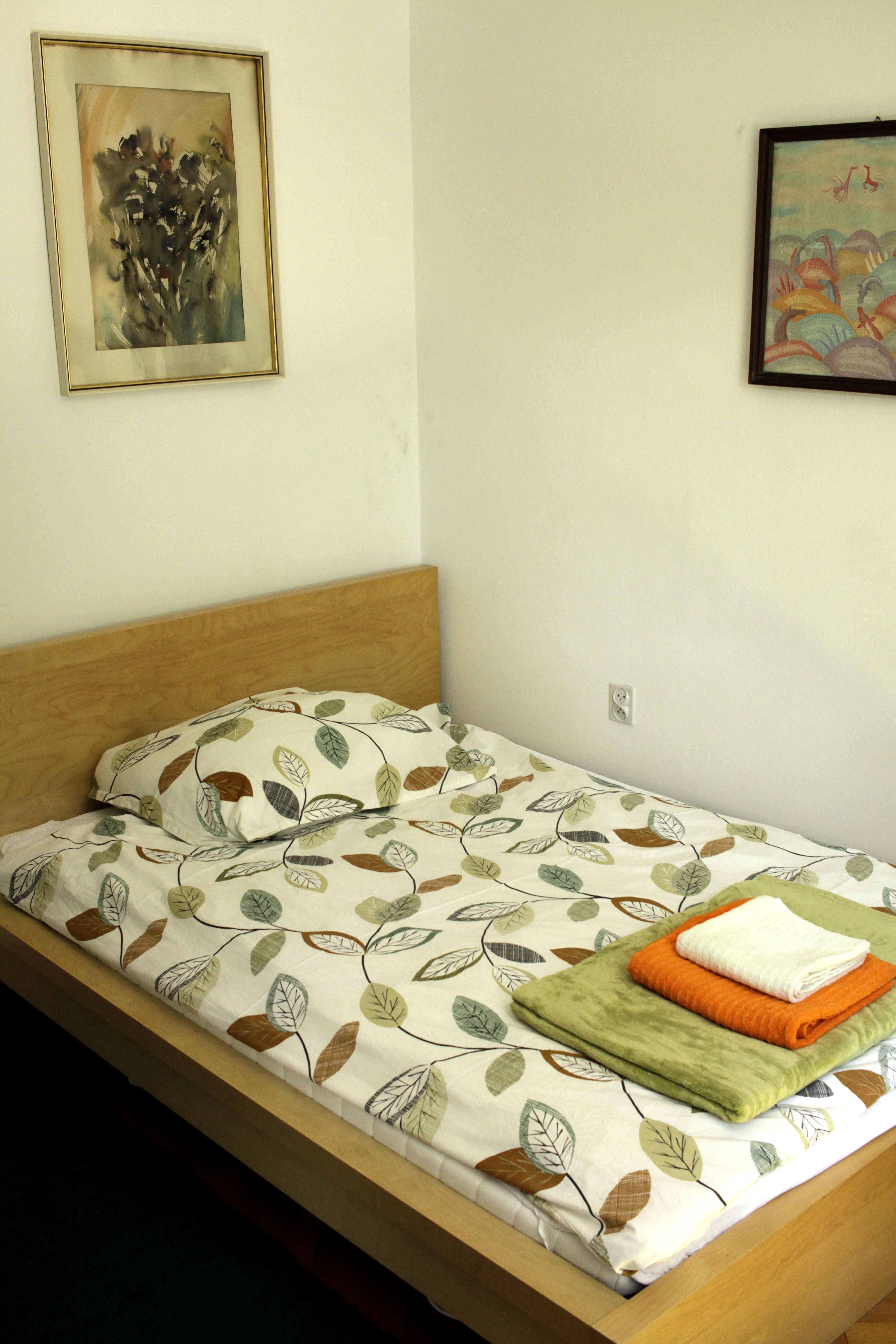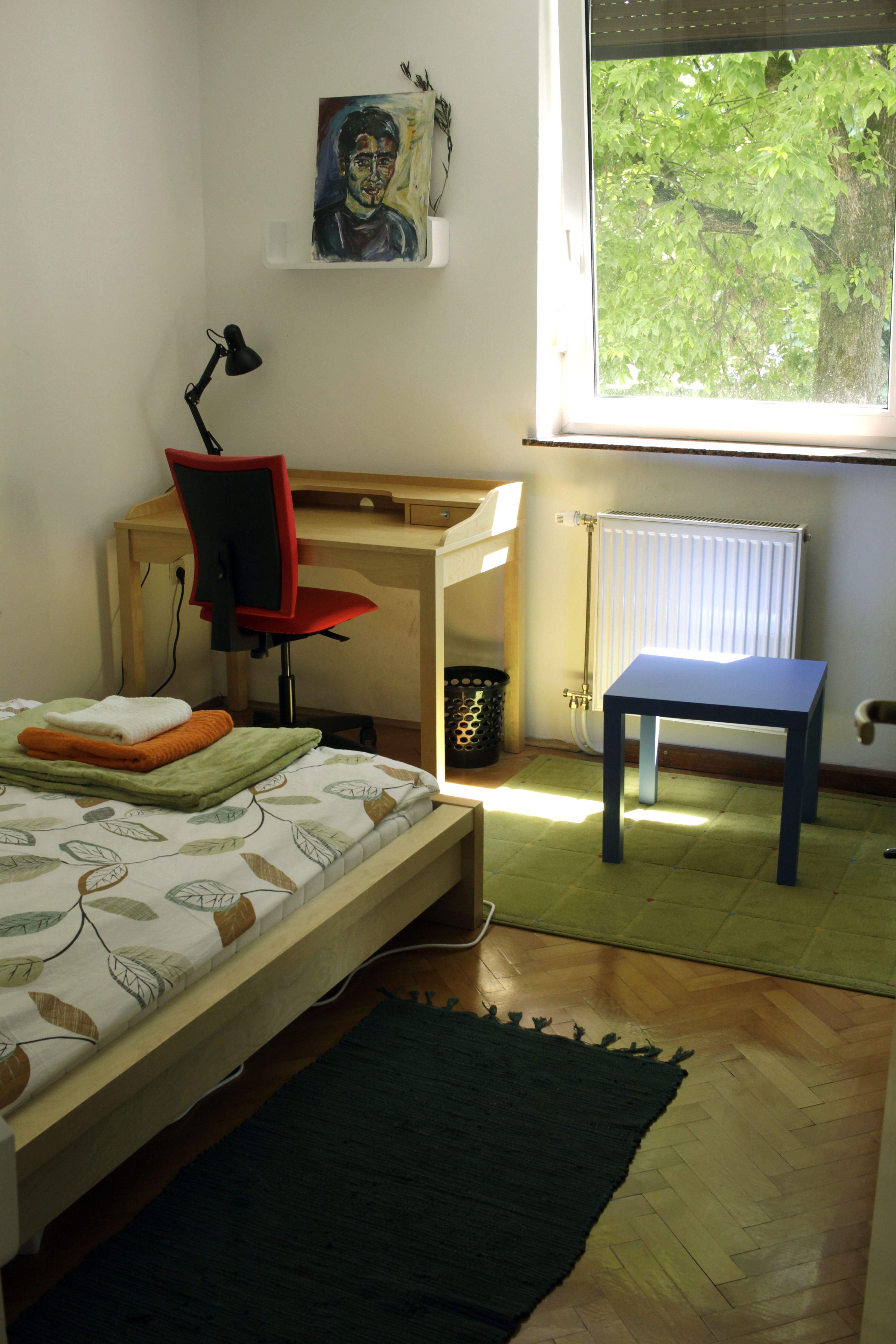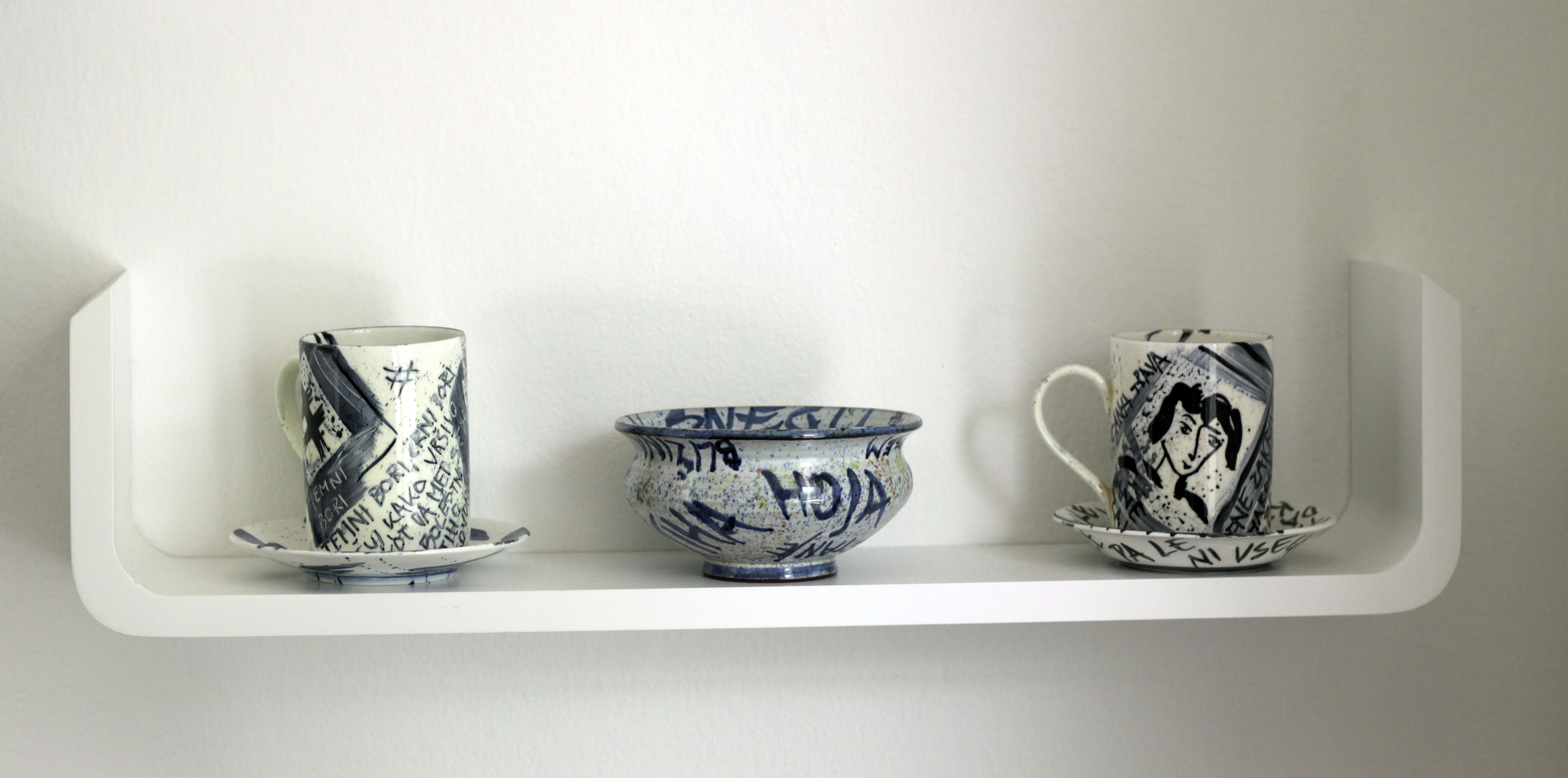International cooperation
The Trubar Foundation is a joint venture of Slovene Writers’ Association, Slovenian PEN and the Center for Slovenian Literature. The financial means for its activities are provided by the Slovenian Book Agency of the Republic of Slovenia and by other sources. The aim of the Trubar Foundation is to subsidy publications of Slovenian literature in translation.
Application for funds
Foreign publishers are required to provide the entire edition for which they received financial support from the Trubar Foundation with an inscription stating that the book was published with the aid of the Foundation. The inscription should read as follows:
This book was published with the support of Trubar Foundation at the Slovene Writers’ Association, Ljubljana, Slovenia.
Ta knjiga je bila objavljena s pomočjo Trubarjevega sklada pri Društvu slovenskih pisateljev, Ljubljana, Slovenija.
English language can be replaced by the language of the edition.
Immediately upon publication the publisher should send to the Foundation ten (10) copies of the book, along with two original copies of an invoice (signed and sealed) in exactly the approved amount. The Trubar Foundation will forward a certain number of copies to the National and University Library in Ljubljana.
Time limits
The Board consists of seven equal members including the Presidents of Slovene Writers’ Association and Slovene PEN. They convene at least twice a year, usually in March and October. Therefore, applications received by the end of February and the end of September will promptly be dealt with. The book selected by the Board is to be published in twelve months following the date of the written notice informing the publisher of the Board’s decision. Should the publisher publish the book after the expired term, a new application is required.
Address for applications:
Slovene Writers’ Association
for the Trubar Foundation
Tomšičeva 12
SI – 1000 Ljubljana
Slovenia
Financial terms
Foreign publishers can apply for subsidies to publish translations of Slovenian authors in their native languages. Works that have not been published in the target language before the year of application are taken into cosideration. Trubar Foundation contributes up to 50% of printing costs for the declared print run. It does not subsidy translation; translators can apply for translation grants directly to the Slovenian Book Agency.
The application should include the title of the book, name of the author, name of the translator, length in pages, number of copies and the planned date of publication. Publishers should also prepare a financial estimate of all costs associated with publication: copyright, royalties, layout, paper, printing, binding. The application should be accompanied by the publisher’s latest catalogue.
Priority is given to the works of living authors who are already established in Slovenia. However, the Board will take all applications for works of fiction, poetry, drama and essays on literature into account, as long as they are originally written in Slovenian.
The Board advises applicants to submit their applications in Slovenian or English, in written form, by regular mail or by email.
Litteræ Slovenicæ – International Edition of Slovene Literature In May of 1963, Slovene Writers’ Association published the first issue of Le Livre Slovène. The publication was a response to the need of the Slovene Writers’ Association, Slovene PEN Centre and the Slovenian Association of Literary Translators to independently present Slovene literature, Slovene literary life and Slovene culture in general to readers abroad. In the course of 50 years, around 100 volumes and 130 issues have been published. At first, the publication mostly published texts in French, German and occasionally in English. In the 1970s, the first texts in Italian and Russian were published, followed by those in Spanish in the 1980s. In 1991, the publication was renamed Litteræ Slovenicæ. Since then, the predominant language of publication has been English and German, accompanied by the previously mentioned languages and Portuguese. The series has traditionally given preference to publication of original literature of Slovene authors in translation, in particular of prose, poetry and essays. Over 50 years, Le Livre Slovène/Litteræ Slovenicæ has always responded promptly to concrete opportunities for the promotion of Slovene literature abroad, even though it was often hard to ensure the necessary financial means for its publication. The edition was an integral part of the internationalization of Slovene literature from the moment Slovene writers began to lead this process in a decided, systematic and intensive way.
Today Litteræ Slovenicæ mostly reaches those readers who work as mediators for a wider audience: for book fairs, literary festivals, literary critics, publishers, literary agents, translators, foreign language programs, universities, libraries, cultural centers, embassies etc. The publication is directly available to subscribers as well as in book shops in Slovenia and In 2012 the publication was awarded with the “Lavrinova diploma” prize for the best international project for promotion of Slovene literature in foreign countries.
In the context of its international activities, the Slovene Writers’ Association maintains contacts with other writers’ associations, literary centres, and cultural institutions in the European Union and around the world. The Slovene Writers’ Association has entered written international protocols with many countries and writers’ associations.
The Slovene Writers’ Association organizes international writers’ exchanges, hosts contemporary international writers in Slovenia, and presents Slovene writers at important literary events, conferences, and festivals in other countries. The Slovene Writers’ Association sponsors the international visits of top Slovene writers with the purpose of promoting the best Slovene literature in foreign markets. Our regular partners and the Slovenian Book Agency also support these activities.
In recent years, members of the Slovene Writers’ Association have had successful exchanges in France, Italy, Germany, Austria, Ireland, China, Greece, Croatia, Macedonia, Serbia, Bosnia and Herzegovina, and elsewhere. One of the lasting results of collaborations is, among other things, the production of interesting multilingual publications that are listed under the section for Publishing Activities. http://1317.gvs.arnes.si/dsp/slo/sodelovanja/zalozniska-dejavnost/
The Slovene Writers’ Association maintains active and dynamic connections with other important literary festivals around the world in which members and other writers from Slovenia participate. The Slovene Writers’ Association partially covers travel expenses of members who are invited to various international exchanges, readings, festivals, and meetings from annual funds intended for this purpose.
In 2010 and 2011, the Slovene Writers’ Association participated in a number of programmes associated with Ljubljana’s role as the World Capital of Books. In 2012, the Slovene Writers’ Association conducted an important international programme of literary collaboration, this time in association with the European Capital of Culture – EPK 2012 – which took place in Maribor and partner cities. One of the results of this collaboration is the interesting multilingual book Gostim Besedo (I Host the Word), which is also available as an e-book. http://www.biblos.si/lib/book/9789616547918
In recent years, the Slovene Writers’ Association has participated in a number of important European projects that have consolidated its connections with international partners and the international collaborative role of the Slovene Writers’ Association. http://1317.gvs.arnes.si/dsp/slo/sodelovanja/evropski-projekti/
The Slovene Writers’ Association has long-lasting fruitful connections with translators and other professionals in Slovene and international literary circles. We also collaborate regularly with DSKP and the Slovene Pen Centre.
The Dane Zajc Writers’ Studio is located in Praprotnikova Street (Praprotnikova ulica) in Ljubljana, a 10-minute walk from the city centre. In this apartment Dane Zajc was living and working for some years at the end of his life – so the residence features many testimonies to his life (e.g. paintings he was receiving as gifts, furniture he used, some personal objects). The residence measures 48, 70 square metres, it has two bedrooms and a kitchen, a bathroom and an enclosed glass balcony. The smaller bedroom has a bed, a desk, and a cupboard, while the larger one contains a “reading corner” and leads to the balcony. In each bedroom there are bookcases stocked with translations of Slovenian authors and with books that have been left there by other residence guests. The apartment has a wireless network (data transfer 50GB/month), a kitchen with basic utensils for cooking, a washing machine and an iron.

